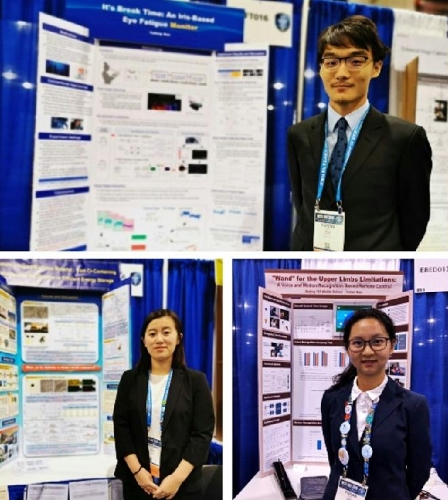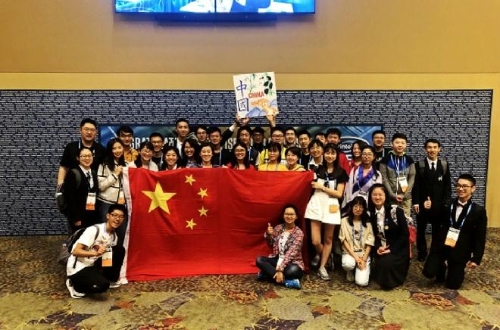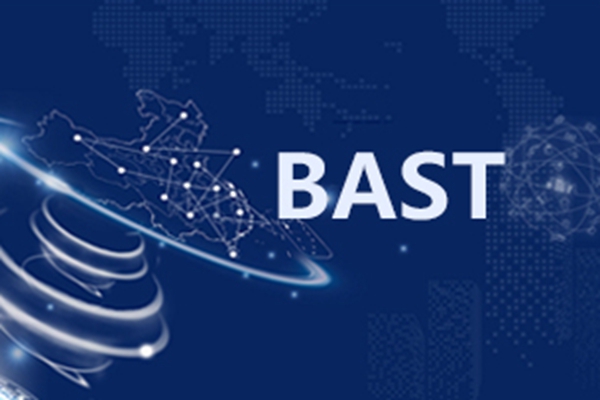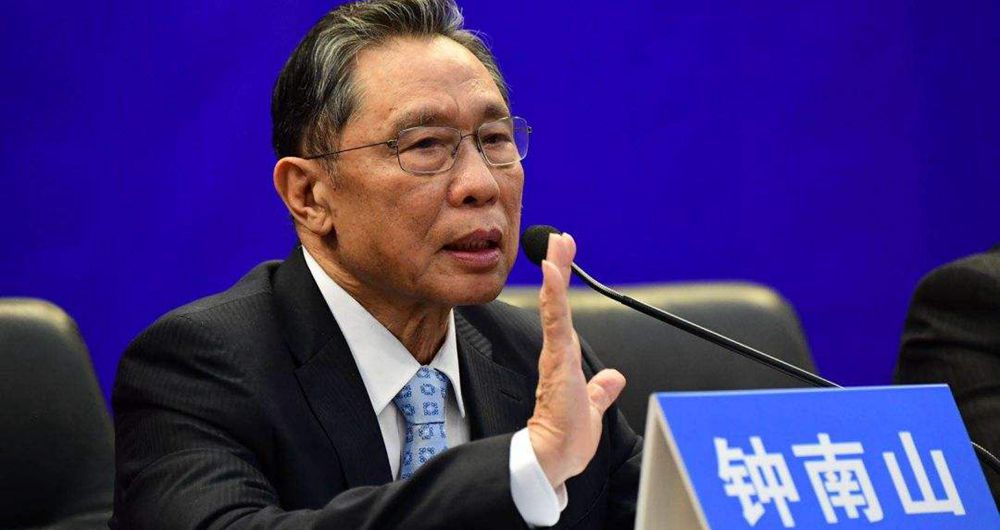Students in Beijing won prizes in the 70th Intel International Science and Engineering Grand Prix
On May 17, the 70th Intel International Science and Engineering Grand Prix (Intel ISEF) was successfully concluded in Phoenix, the United States.
On May 17, the 70th Intel International Science and Engineering Grand Prix (Intel ISEF) was successfully concluded in Phoenix, the United States. A total of 1800 young people from 80 countries and regions around the world stand out and compete in the final of the event through the selection of 420 joint events in the world. The Chinese delegation team is made up of 28 students from 10 provinces and municipalities across the country, with 10 students from Beijing delegation team taking part in 9 projects. After six days of ISEF, students from Beijing finally won 1 second prize, 1 third prize, 1 fourth prize and 1 “special award”.
Sun Yufeng, from the Affiliated Experimental School of Beijing Normal University, won the second prize in the subject of system software with his project “Rest time: iris-based visual fatigue monitoring”, and won the American Association for Artificial Intelligence Development Special Award, and will have an asteroid named after him. The “Biomaterials inspired by nature: from purification of chromium-containing wastewater to efficient storage of energy” project of Wang Yutong, who was a student from a high school affiliated to Renmin University of China, won the third prize in the subject of energy chemistry; Xiao Yuhan, a student from Beijing No. 1 Middle School, won the fourth prize in the course of embedded system for his project “Remote Control of Upper Limb Restricted Personnel Based on Language and Action Recognition”.
To our delight, both Sun Yufeng and Wang Yutong come from the talent training platform of Beijing Youth Science and Technology Center. The Beijing Youth Science and Technology Center carries out the “three major talents” training program, covering 50 base schools in the city. Each year, more than 600 students enter key laboratories of colleges and universities to carry out scientific inquiry practice activities. In the practice of cultivating teenagers’ innovation talents in scientific and technological, we have opened up a way of selecting first-class students, equipping first-class instructors, innovating training mode, strengthening comprehensive scientific training and creating international atmosphere. In the course of training, students will report their projects in stages and accept expert debate. At the same time, scientific literacy and science and technology English will also receive a special assessment. Strict process management and project quality improvement, effectively ensure the training effect, and laid a solid foundation for the future emergence of more young science and technology reserve talents!





